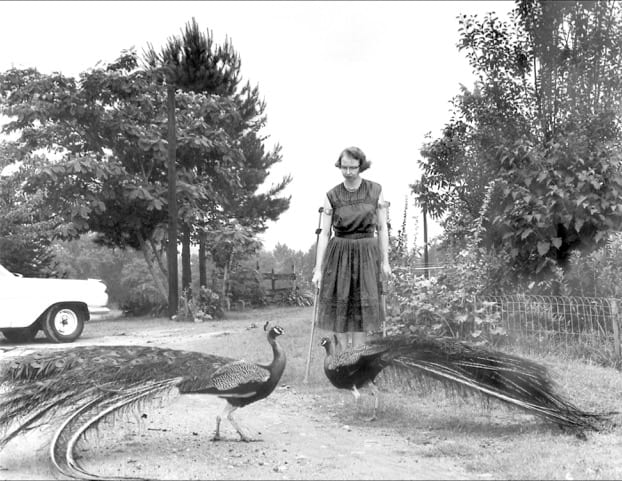When the sabbath was over, Mary Magdalene, and Mary the mother of James, and Salome bought spices, so that they might go and anoint him. And very early on the first day of the week, when the sun had risen, they went to the tomb. They had been saying to one another, “Who will roll away the stone for us from the entrance to the tomb?” When they looked up, they saw that the stone, which was very large, had already been rolled back. As they entered the tomb, they saw a young man, dressed in a white robe, sitting on the right side; and they were alarmed. But he said to them, “Do not be alarmed; you are looking for Jesus of Nazareth, who was crucified. He has been raised; he is not here. Look, there is the place they laid him. But go, tell his disciples and Peter that he is going ahead of you to Galilee; there you will see him, just as he told you.” So they went out and fled from the tomb, for terror and amazement had seized them; and they said nothing to anyone, for they were afraid. (Mark 16: 1-8)
Who will roll away the stone for us from the entrance to the tomb?
What is keeping me from the fullness of life? What is my stone? And how will it ever move?
Life is hard. And history is messy. We humans murder one another with alarming regularity, to say nothing of our lesser faults. An honest assessment of us can lead to despair. Will we ever find peace? Will we eliminate poverty? Can we keep our families together? And even if we can, what is the point? We’re all going to die, many of us rather painfully.
It was in the context of my brother’s death last spring that I came to a real existential appreciation of Christ’s resurrection. At that point, it seemed perfectly clear to me that death was a lie. I don’t mean that it doesn’t happen. It clearly does. But it isn’t the loss we’ve convinced ourselves it is. It does not have the finality it pretends to.
To me, the resurrection means that our failures, both personal and historical, cannot define us. Nor can our sufferings. Nor can death. These are not the final word in our history.
To me, the resurrection shows just how much more powerful good is than evil. Indeed, good wins because evil throws the game. Cancer, when it takes its victim, commits suicide. In the same way, evil must have felt mighty triumphant on Good Friday, not knowing that, in killing God, it killed itself.
If there is only one good person, that is all it takes. One good person, and evil cannot win.
To identify with him is to find the tomb opened, one’s stone rolled away. Our stones may still exist in this life, but they are not where we expect them to be. They are not blocking the entry to (or should I say “exit from”?) the tomb. They are not enclosing us in darkness and fear and, finally, death. And so, the path to life opened, we too are not where we expect to be. “Look, there is the place where they laid him.” Empty.
Our stones, no matter how large, no matter how imposing, cannot finally determine our fate. They have been rolled back. Let us walk, therefore, out of the tomb and into the light of Easter morning.
Christ is risen! Alleluia!
Reader’s may also be interested in Tim Muldoon’s post from last year, Why Did Jesus Have to Rise?
Brett Salkeld is a doctoral student in theology at Regis College in Toronto. He is a father of three (so far) and husband of one.












